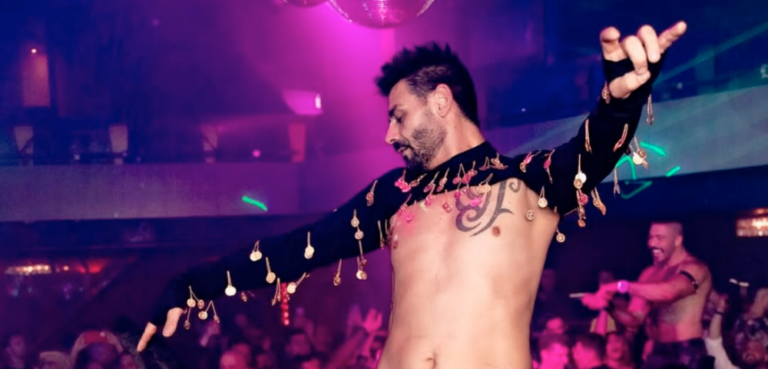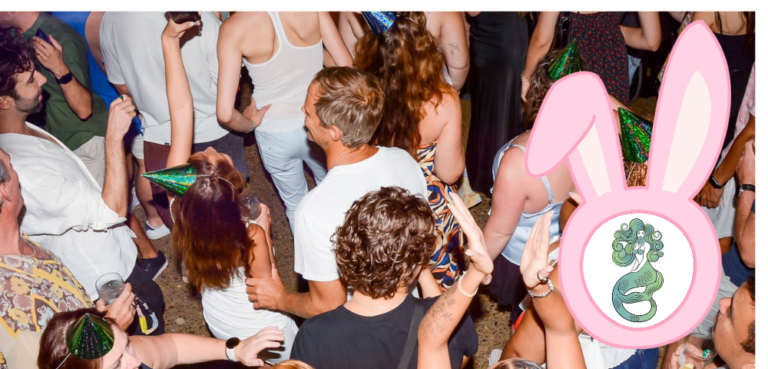
Murders Of Two Gay Men Shocks LGBT Community In Ireland

The murders of two gay men in separate incidents in a town in Ireland, have left the LGBTQI community “reeling”. Gardaí – the national police service in Ireland – said they were investigating the two incidents as possible hate crimes.
Aidan Moffit (42) and Michael Snee (58) were found dead at their respective residences earlier this week in Sligo town in Ireland. The police have arrested a man in his early 20s in connection with the case, but have refused to reveal any further information as the investigation is ongoing.
Moffit’s body was found on April 11 around 8.30 pm when Gardaí from the local station were called to attend a private residence at Cartron Heights by a member of the public.
A day later the Gardaí found Michael’s body at his residence at Connaughton Road after responding to a 999 call. Both men, the Gardaí said, were the “subject of a serious physical assault and had suffered significant injuries.”
Police Investigating If Victims Met Attacker Online
“Michael and Aidan were well known and respected in this community. They were assaulted and murdered in their own homes,” Chief Superintendent Aidan Glacken, Sligo Garda Station, said in a statement.
“We are actively investigating as to whether there is any hate related motive to these murders. An Garda Síochána will endeavour to seek out all the available evidence, and ultimately it will be for a Court to decide on the motivation behind these appalling crimes,” said Glacken.
The Gardaí said they are also investigating whether Moffit and Snee met their attacker online. “Meeting people online should be a safe activity. But as with any online activity everybody should be aware of personal safety advice, which we have provided on the Garda website,” added the Chief Superintendent.
A ‘Dark Week’ For LGBTQI Community
National advocacy group LGBT Ireland said that the community was in shock after the murders.
“This has been a dark week for the LGBTI+ community in Ireland,” said Paula Fagan, CEO of LGBT Ireland. The organization said that the community was still recovering after a vicious attack on a young gam man Evan Somers in Dublin city centre earlier this week.
“These devastating crimes bring to the fore the need for comprehensive Hate Crime legislation, and I – along with other sectoral representatives – will be speaking with lawmakers over the coming days to stress the need for them to redouble their efforts and ensure the forthcoming legislation is effective, comprehensive and enacted with urgency. The LGBTI+ community has the right to feel and be safe on our streets, and online.”
Fagan described the murders as “on the extreme end of a spectrum of violence experienced by the LGBTI+ community and highlight the vulnerabilities and very real fears of the wider community.”
Tánaiste Leo Varadkar posted messages about the murders in Sligo and the homophobic attack in Dublin.
Shocked and appalled that an assault of this natured occurred in our capital city. Will discuss with Helen McEntee re Garda presence on our street and new hate crime laws. Sorry about what happened. Wishing you a swift recovery https://t.co/Mj4mJuyDsV
— Leo Varadkar (@LeoVaradkar) April 11, 2022
Hate Crimes In Ireland
According to LGBT Ireland, in 2021 their National LGBT Helpline had received 21 calls related to homophobic violence, but many incidents were not even reported.
The organisation cited a study done by Hate and Hostility Research Group at the University of Limerick in 2019, which revealed that one in five persons surveyed said that they had been hit or physically attacked in public for being LGBTQI and one in three said they had been threatened with physical violence.
“These statistics are a stark reminder of the violence that our community still faces,” said Fagan, adding, “We know that the events in Sligo and Dublin over the past week will have left members of the LGBTI+ community reeling. Our Helpline is available to all those in need of support.”
Safety Advice For Meeting People Online
The Gardaí have issued safety advice for those planning to meet up a person/s they have met online.
- Get a face picture from the person you intend to meet. Be very cautious of a person who doesn’t share a recent face picture with you, particularly after you have shared yours.
- If they don’t want to share a face picture, consider asking them to go on a live video call (many apps have this option built in so you don’t have to share your mobile number).
- Ask for their social media handles. Do you have friends in common on Instagram or Facebook? Be wary of new accounts with low follower count and few posts.
- Let friends know where you’re going – send a text to a trusted friend or in a group chat, include your live location so you can be found if you need help.
- Meet in a public place first. Take a few minutes to chat and feel confident you want to proceed before going somewhere private.
- Think before accepting food or drink. Unless you’ve seen them prepare it – it’s best not to accept to avoid being spiked.
- If an emergency unfolds, call the police emergency service. If something happens – report it!
If you feel distressed reading the story, you can reach out to support services.
For 24 hour crisis support and suicide prevention call Lifeline on 13 11 14
For Australia-wide LGBTQI peer support call QLife on 1800 184 527 or webchat.









